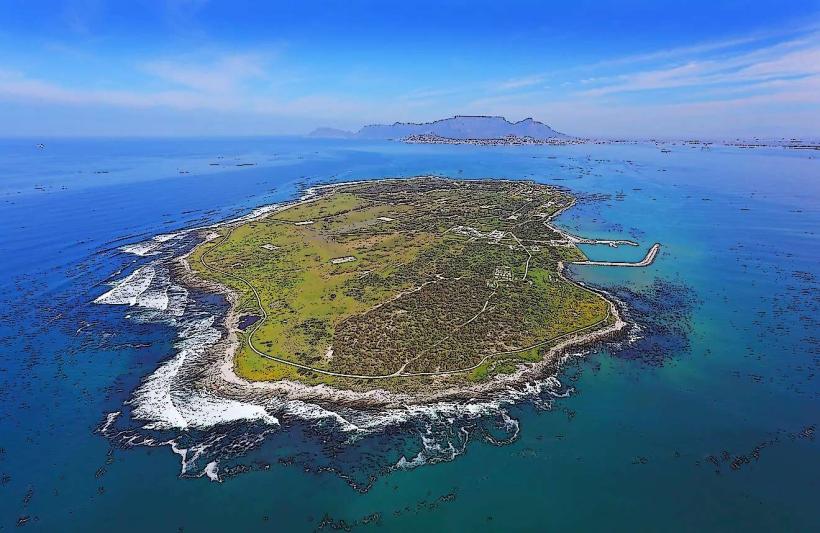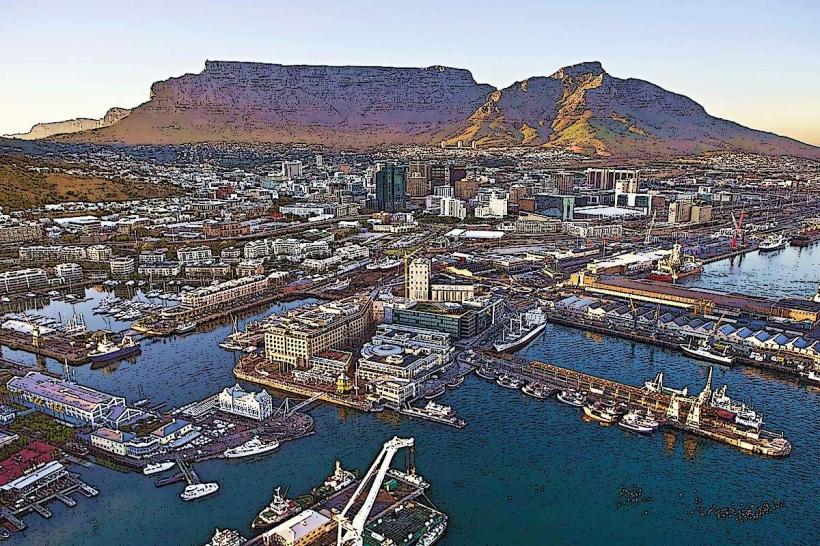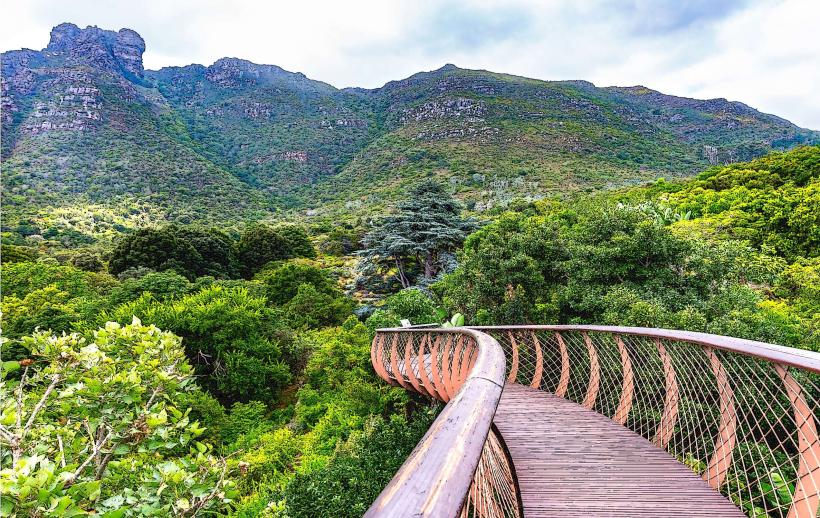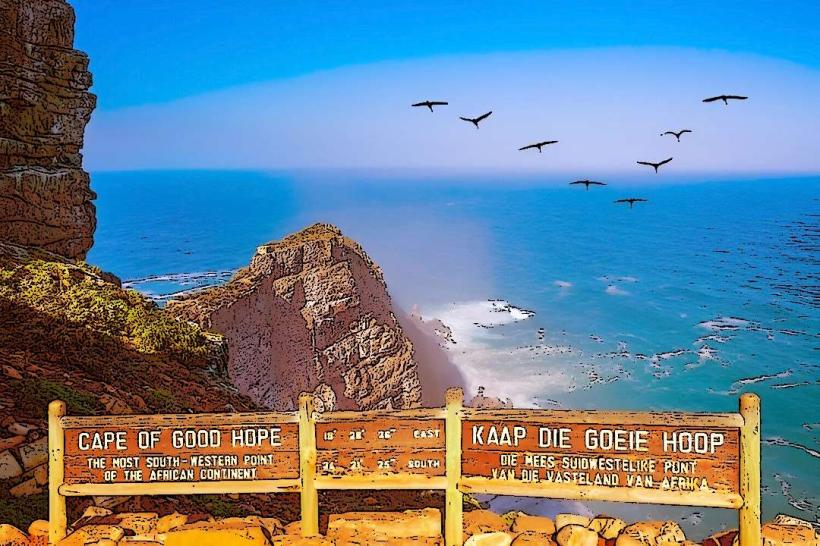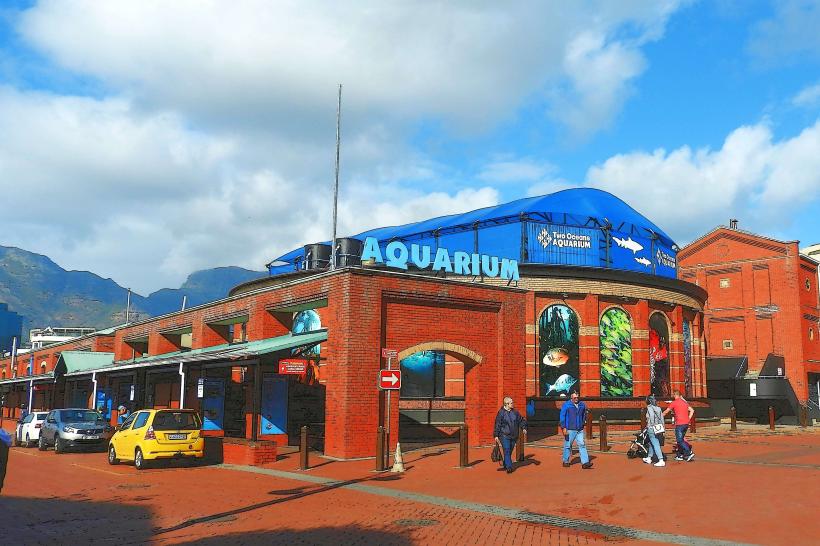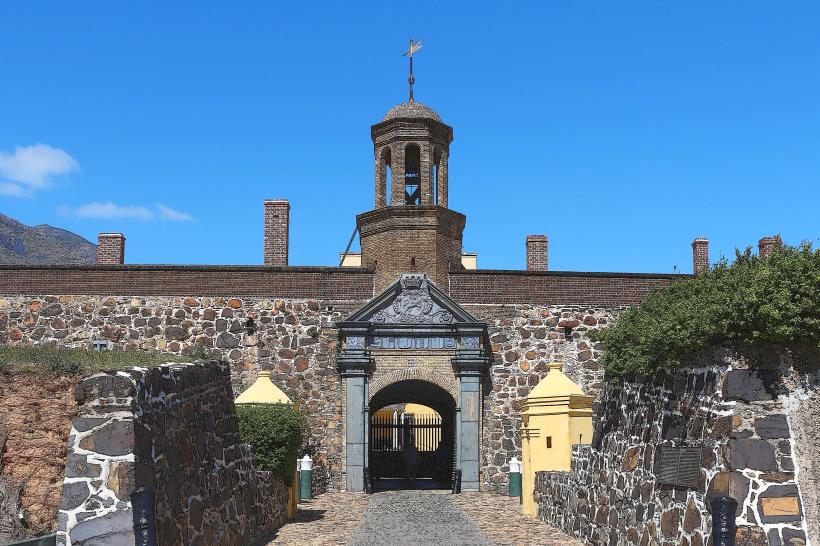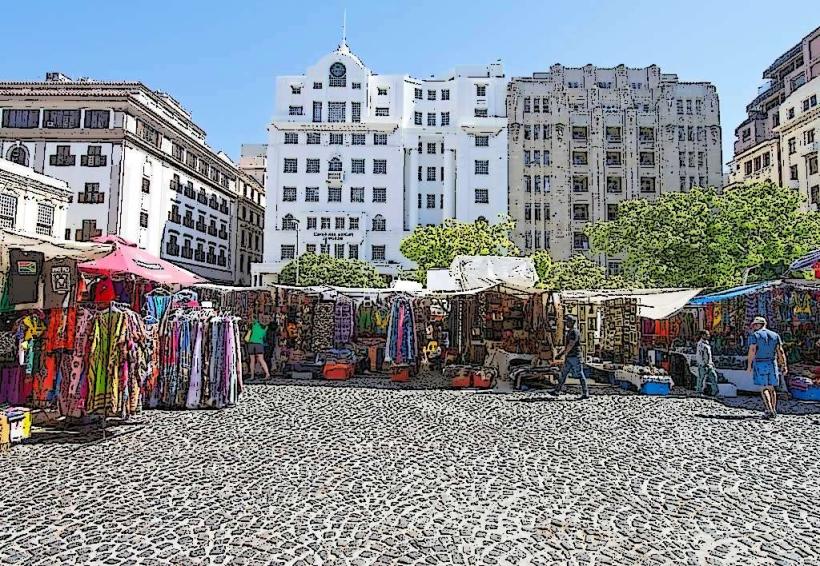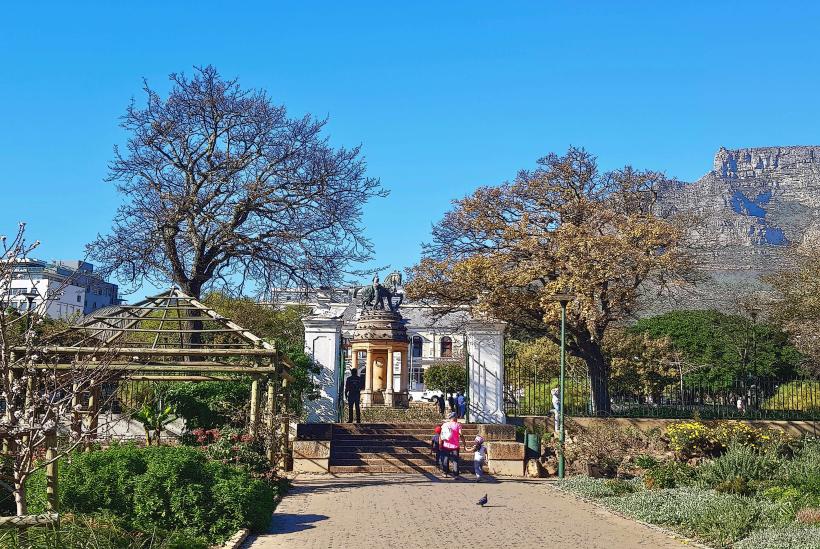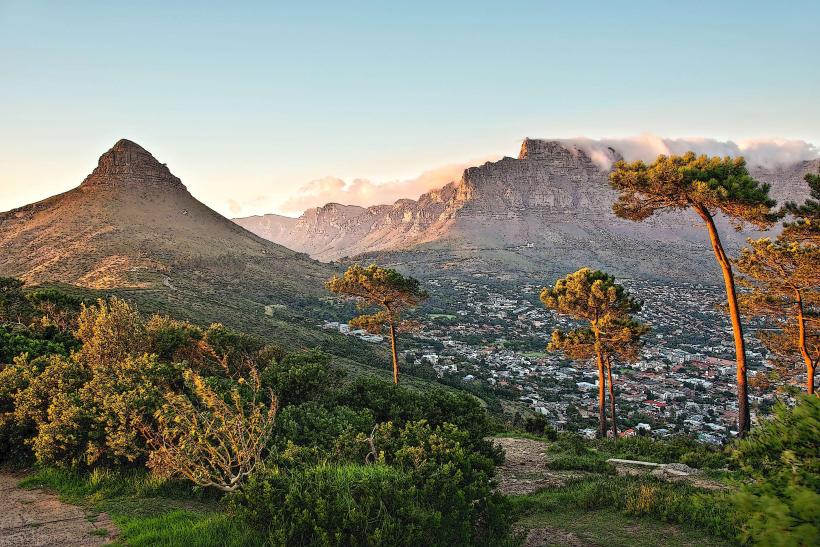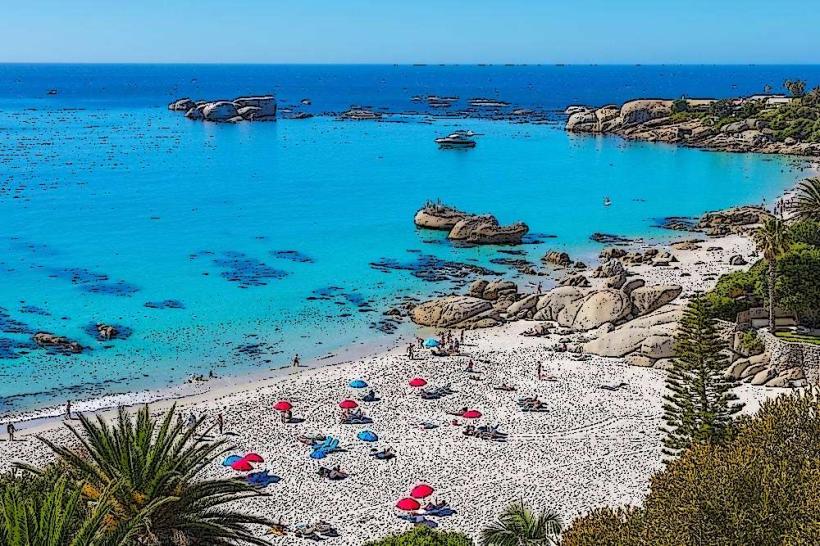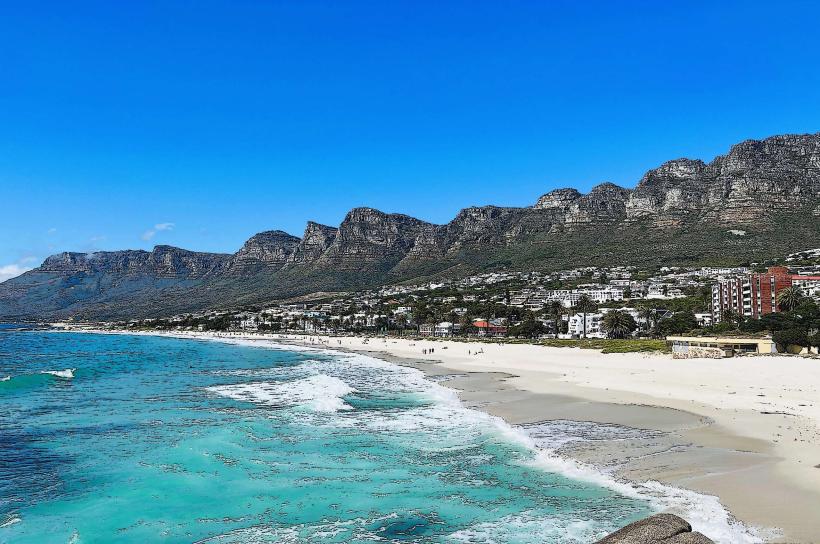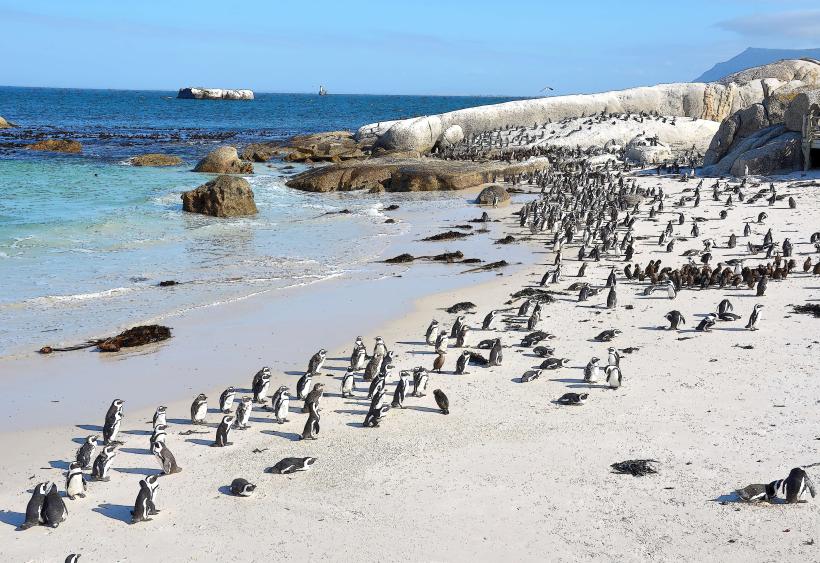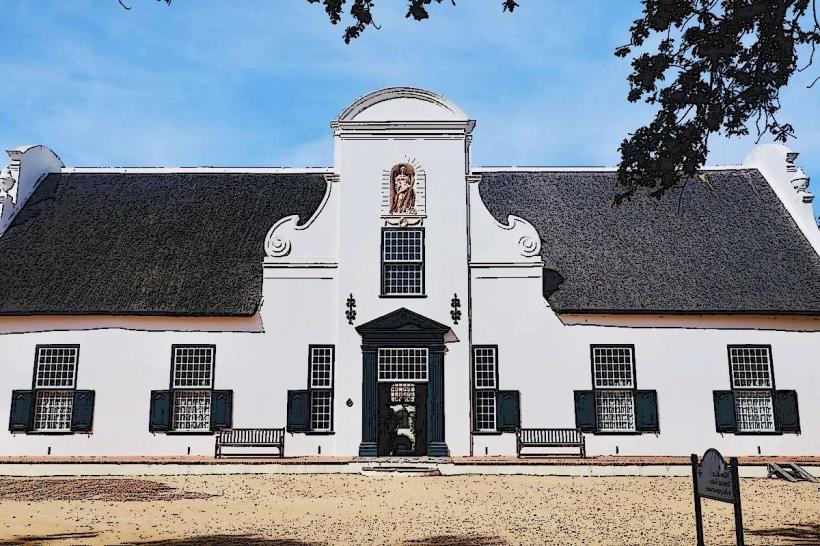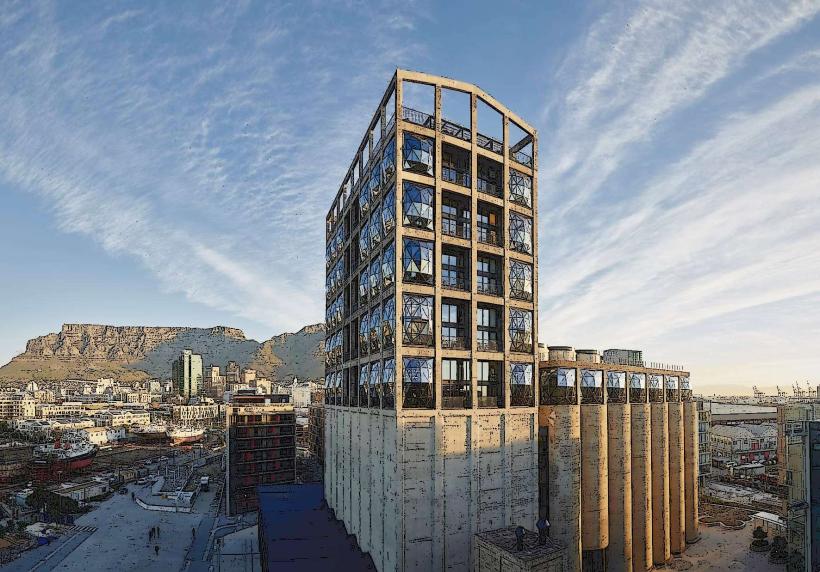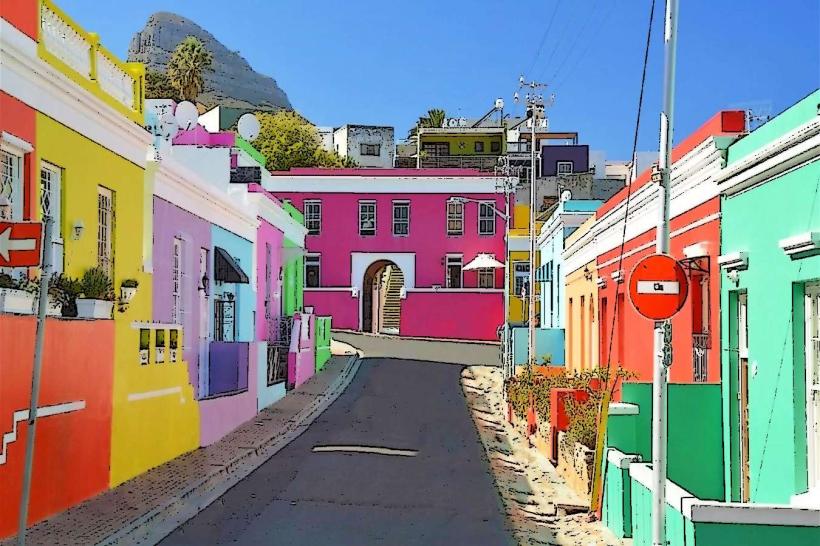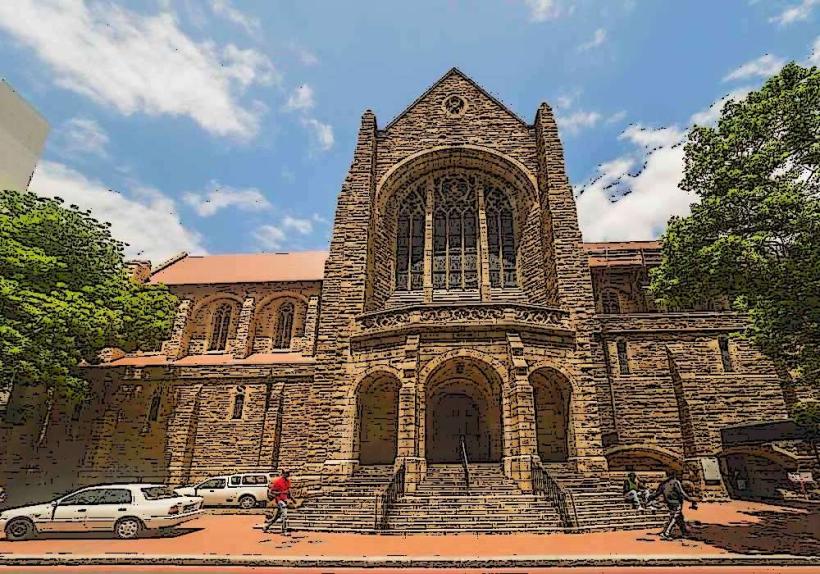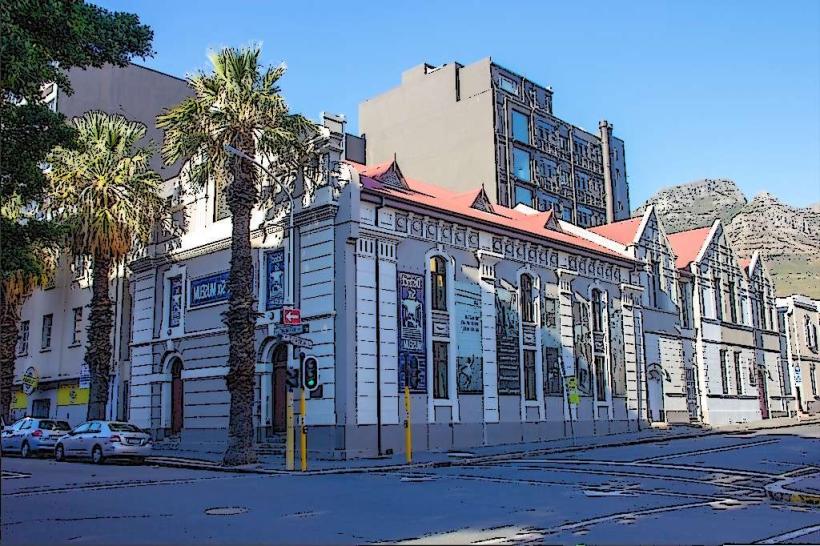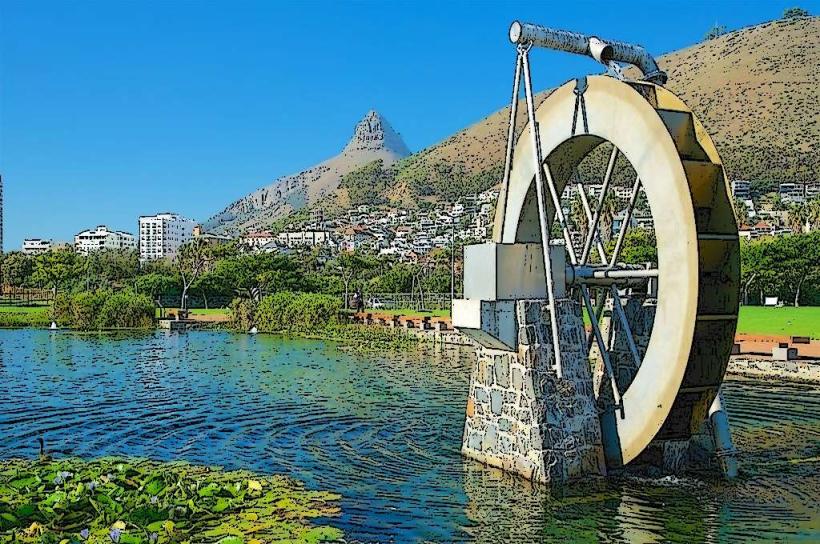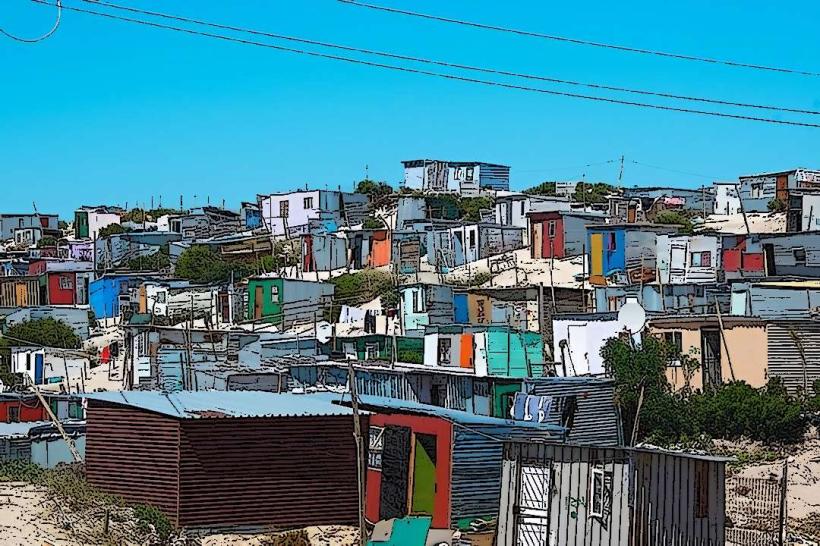Information
City: Cape TownCountry: South Africa
Continent: Africa
Cape Town, South Africa, Africa
Cape Town serves as the legislative capital of South Africa and the primary economic hub of the Western Cape. It is situated on the southwestern tip of the African continent, positioned on a peninsula between the Atlantic Ocean and False Bay.
Historical Timeline
Cape Town was established in 1652 by Jan van Riebeeck of the Dutch East India Company (VOC) as a victualling station. It transitioned to British rule in 1806, which persisted until the formation of the Union of South Africa in 1910. The city underwent significant ideological and physical reconstruction during the Apartheid era (1948–1994), characterized by forced removals from areas like District Six. The 1990 release of Nelson Mandela from Victor Verster Prison and his subsequent speech at City Hall remain the primary events that shaped the modern democratic urban identity.
Demographics & Population
The metropolitan population is approximately 4.9 million residents as of 2026. The demographic composition is roughly 42% Coloured, 39% Black African, and 16% White. The median age is approximately 29 years, reflecting a younger demographic than European capitals but an aging trend relative to the rest of sub-Saharan Africa.
Urban Layout & Key Districts
The city is organized around the "City Bowl," a natural amphitheater created by Table Mountain, Lion's Head, and Devil's Peak. Key districts include the Waterfront (Tourism/Retail), Bo-Kaap (Cape Malay Heritage), the Atlantic Seaboard (High-end Residential/Beaches), and the Cape Flats (Socio-economically diverse townships).
Top City Landmarks
Table Mountain (Aerial Cableway)
Robben Island (UNESCO World Heritage Site)
Castle of Good Hope (17th-century bastion fort)
Kirstenbosch National Botanical Garden (Table Mountain slopes)
Bo-Kaap (Historical colorful quarter)
Transportation Network
Internal movement relies on the MyCiTi Bus Rapid Transit (BRT) system and the Metrorail commuter network. Minibus taxis are the most ubiquitous but informal mode of transit. Uber and Bolt are the primary ride-sharing apps and are recommended for evening travel. Traffic density is extreme on the N1 and N2 highways during morning (06:30–09:00) and evening (16:00–18:30) peak hours.
Safety & "Red Zones"
Cape Town has significant crime disparities. Visitors should avoid townships like Khayelitsha, Nyanga, and Mitchells Plain unless on a formal guided tour. The CBD is safe during the day but requires vigilance at night; walking alone after dark is discouraged. Common scams involve "ATM assistants" who offer help to swap or clone cards and aggressive panhandling in tourist corridors like Long Street.
Digital & Financial Infrastructure
Average fixed fiber internet speeds reach 50–100 Mbps in urban hubs. Main carriers are Vodacom, MTN, and Telkom. Card acceptance is nearly 100% in formal retail; mobile payment apps like Zapper and SnapScan are common. ATMs are widely available, but users should prefer those located inside secure shopping malls.
Climate & Air Quality
Cape Town has a Mediterranean climate. Temperatures range from 8°C to 18°C in winter (June–August) and 16°C to 28°C in summer (December–March). Air quality is generally high due to the "Cape Doctor" (strong southeasterly wind), though winter inversions can trap wood-fire smoke in valley areas. Primary weather risks include localized flooding in winter and wildfires in summer.
Culture & Social Norms
Tipping of 10–15% is the standard expectation in restaurants. Greetings are warm and often informal; "How's it?" or "Awe" (slang) are common. Dress code is generally casual-chic, though modesty is expected in religious sites. Alcohol is sold in dedicated liquor stores and licensed venues; it is not available in supermarkets on Sunday afternoons.
Accommodation Zones
Sea Point/Green Point: Stay here for the promenade, proximity to the V&A Waterfront, and a safe, walkable environment.
Gardens/Tamboerskloof: Stay here for a bohemian atmosphere, proximity to Kloof Street’s dining scene, and mountain views.
Local Cost Index
1 Espresso: 35 ZAR ($1.85)
1 Standard Lunch: 180 ZAR ($9.50)
1 MyCiTi Bus Trip (Peak): 25 ZAR ($1.30)
Nearby Day Trips
Cape Point & Boulders Beach: 60 km (1 hour 15 minutes)
Stellenbosch/Franschhoek Winelands: 50 km (50 minutes)
Hermanus (Whale Watching): 120 km (1 hour 45 minutes)
West Coast National Park: 90 km (1 hour 15 minutes)
Facts & Legends
A prominent local legend concerns "Van Hunks and the Devil," which explains the "tablecloth" cloud on Table Mountain as the result of a smoking contest between a retired pirate and the devil. A verified historical oddity is the "Noon Day Gun," two 18th-century cannons on Signal Hill that are fired every day at 12:00 (except Sundays), serving as the city's oldest timekeeping tradition and a source of regular alarm for unsuspecting tourists.


